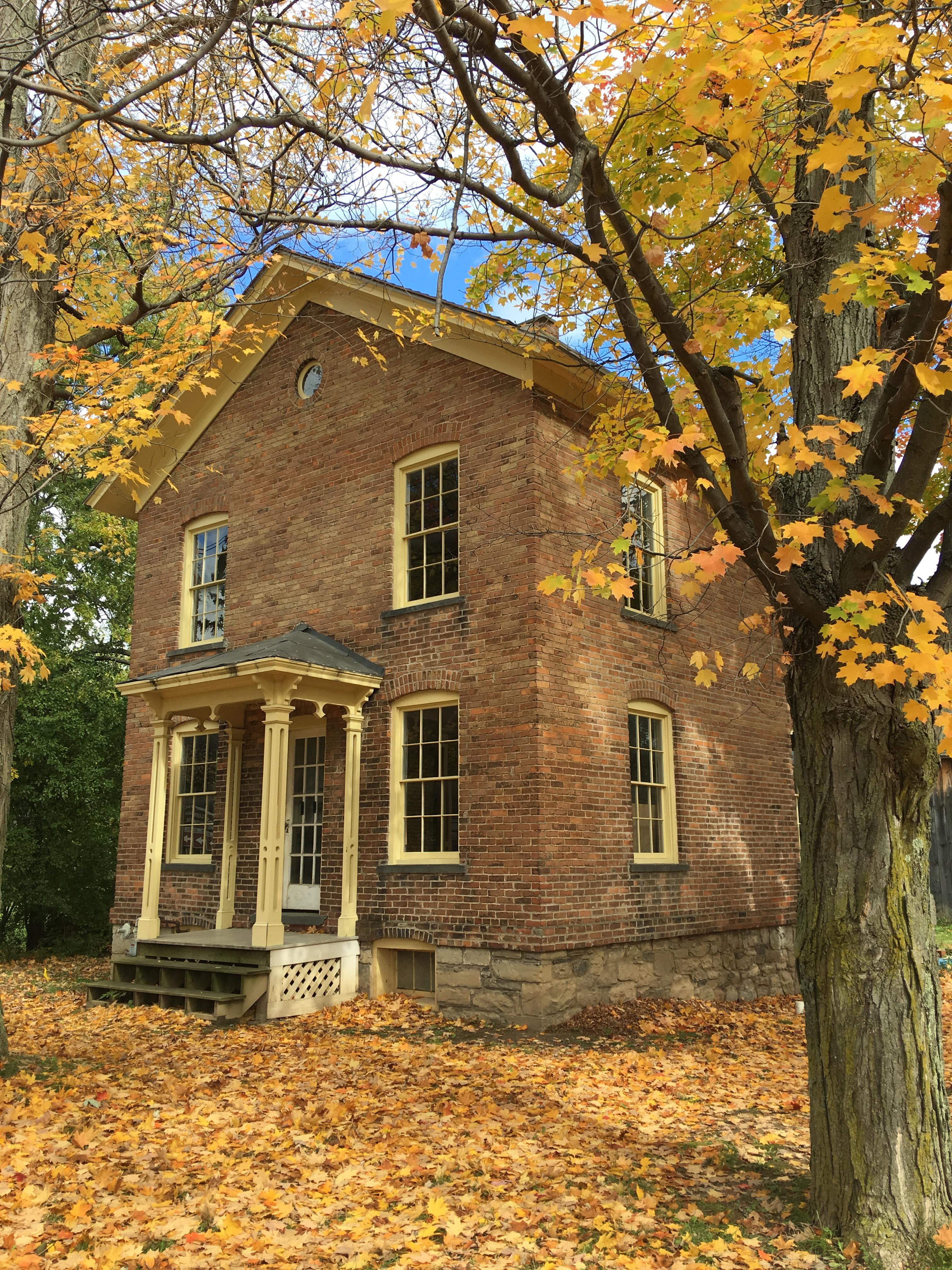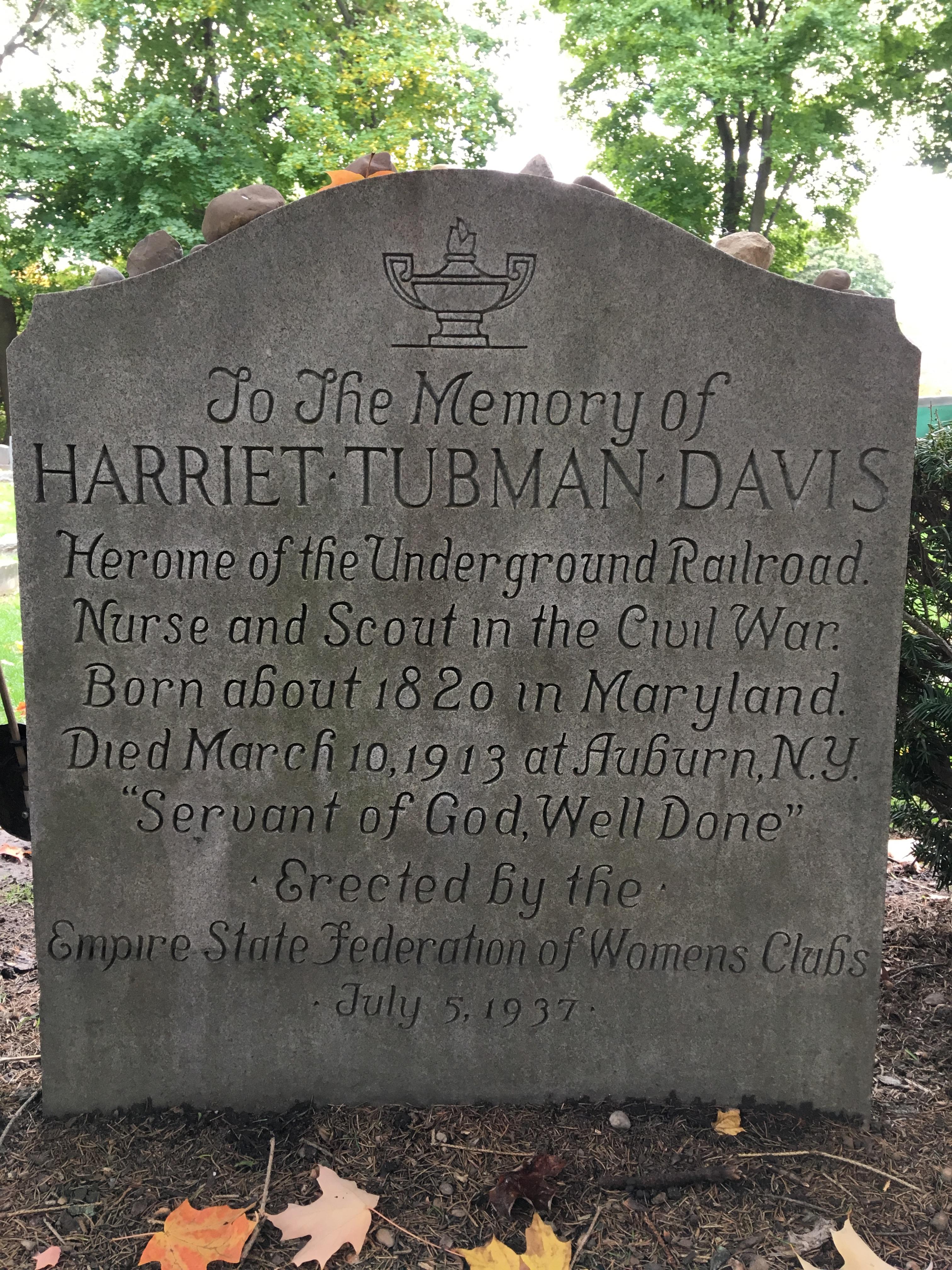Harriet Tubman National Historical Park
Harriet Tubman was guided by a deep faith and devotion to family, freedom, and community. After emancipating herself and members of her family, she moved them from Ontario, Canada to Fleming and Auburn, New York in 1859. Central New York was a center for progressive thought, abolition, and women’s suffrage where Tubman continued to fight for human rights and dignity until she died in 1913.
The Harriet Tubman National Historical Park includes the Thompson Memorial African Methodist Episcopal Zion Church, the Harriet Tubman Visitor Center, the Tubman Home for the Aged, and the Harriet Tubman Residence. A related Tubman site that lies outside of the national historical park is the Fort Hill Cemetery where Tubman is buried. View directions to each of these five sites on our directions page.
- Food
- Picnicking
- Museum Exhibits
- Shopping
- Gift Shop and Souvenirs
- African American Heritage
- Archeology
- Burial, Cemetery and Gravesite
- Enslavement
- Farming and Agriculture
- Reconstruction
- Religion and Spirituality
- Churches
- Social Movements
- Abolition Movement
- Civil Rights
- Religious Freedom
- Voting Rights and Suffrage
- Tragic Events
- Urban America
- Wars and Conflicts
- Civil War
- Women's History
- Night Sky
Harriet Tubman National Historical Park

Harriet Tubman National Historical Park preserves sites in Auburn, New York associated with the later life of Underground Railroad conductor Harriet Tubman.
Harriet Tubman Residence

Tubman's Auburn residence.
Thompson Memorial AME Zion Church

Located near Tubman's home, the church continues to honor Tubman's legacy of freedom.
Tubman Grave

Tubman grave at Fort Hill Cemetery
Harriet Tubman National Historical Park

Harriet Tubman National Historical Park preserves sites in Auburn, New York associated with the later life of Underground Railroad conductor Harriet Tubman.